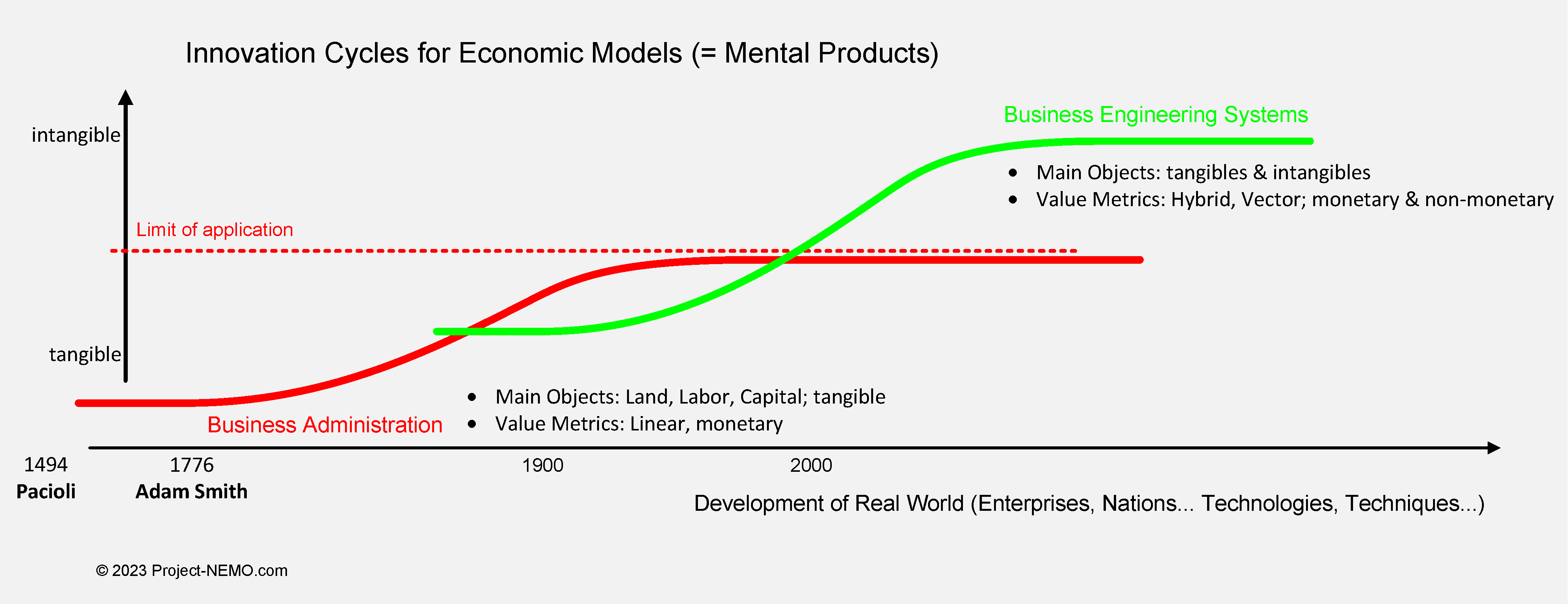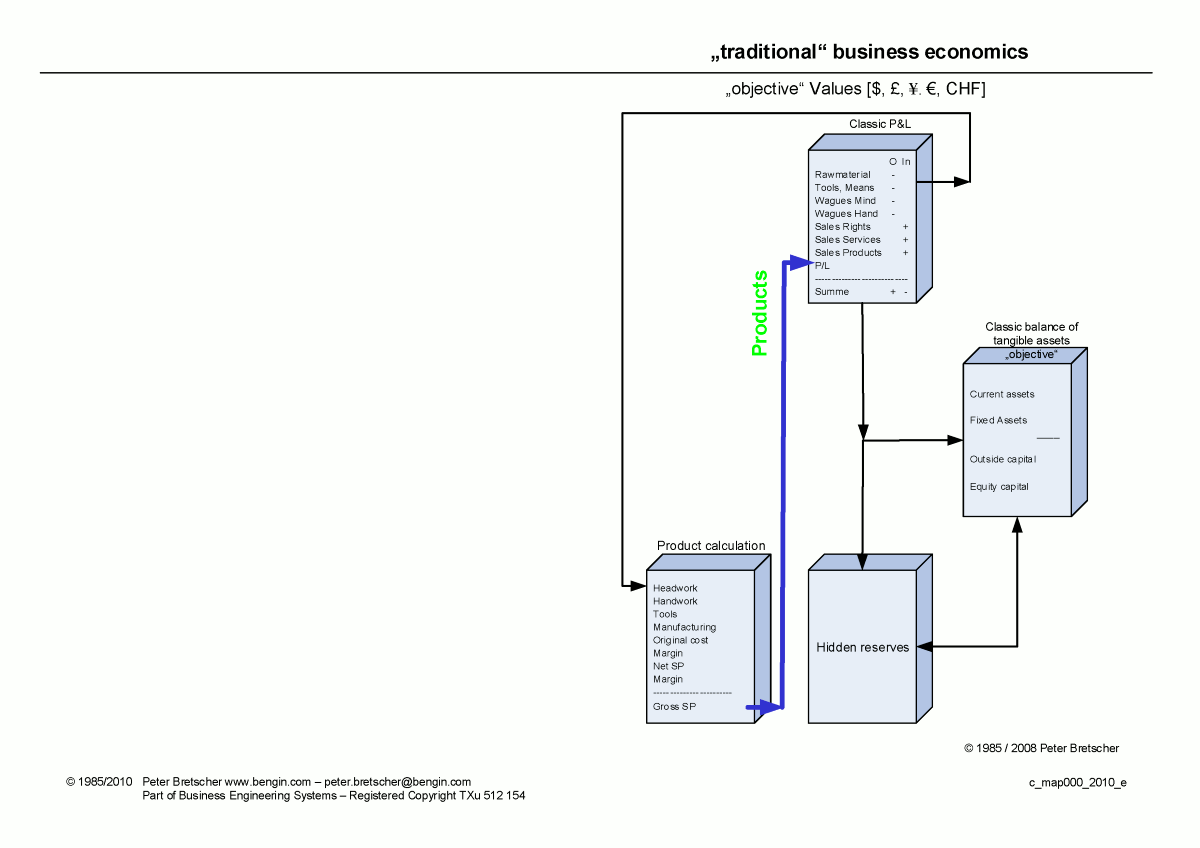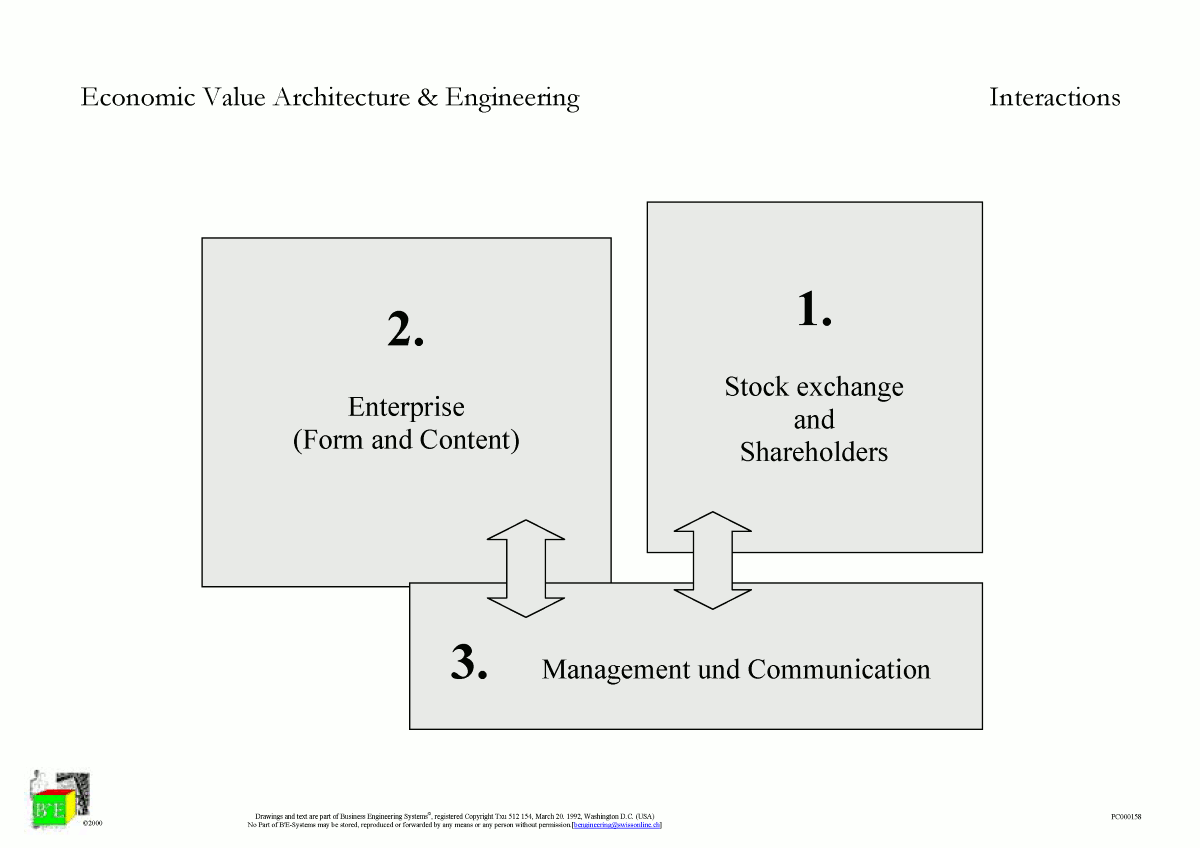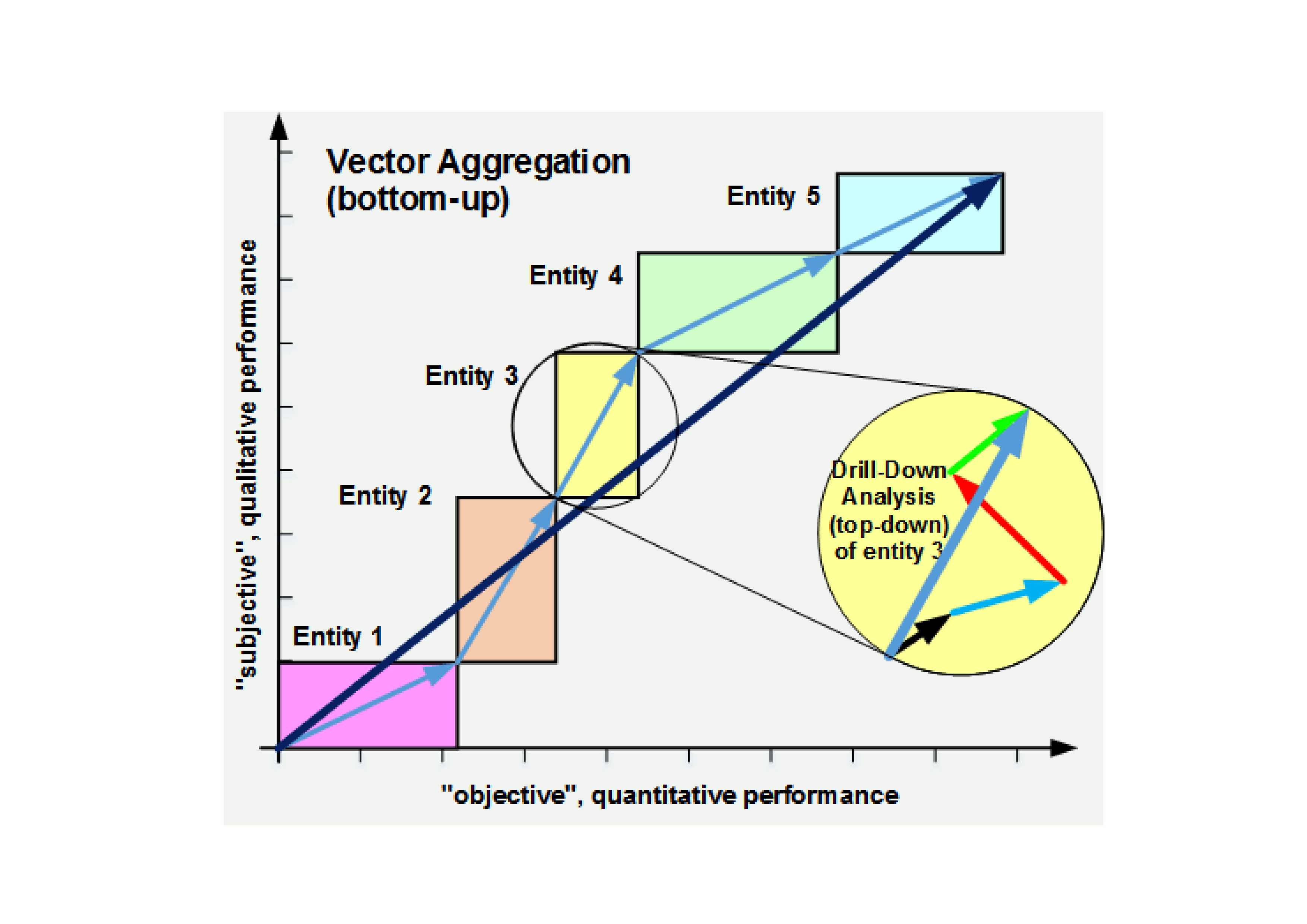ChatGPT in the role of Harvard University about Business Engineering Systems
-
... One promising approach is Business Engineering Systems, which seeks to enhance the business model ... employs a hybrid value paradigm that combines monetary and non-monetary (vector-based) value indicators ...
Harvard University is a private Ivy League research university in Cambridge, Massachusetts. Founded in 1636 as Harvard College and named for its first benefactor, the Puritan clergyman John Harvard, it is the oldest institution of higher learning in the United States. Its influence, wealth, and rankings have made it one of the most prestigious universities in the world. ...
Harvard in English:
At Harvard, we recognize that businesses face complex challenges in today's fast-paced and dynamic global economy. In response to this challenge, we have been exploring new approaches to business administration that can help organizations create value for all stakeholders in a sustainable and responsible way.
One promising approach is Business Engineering Systems, which seeks to enhance the business model beyond just offerings and processes, and focuses on the optimization of a company's primary resources. These resources include products, production means, documents, knowledge and skills, rights, and finance, and optimizing them can help companies create sustainable value and achieve their growth objectives.
To achieve this, Business Engineering Systems employs a hybrid value paradigm that combines monetary and non-monetary (vector-based) value indicators. This approach allows companies to take a more comprehensive view of their operations, measuring not just financial performance but also a range of non-financial factors such as social and environmental impact.
At Harvard, we believe that a comprehensive understanding of a company's primary resources is critical to making informed and sustainable business decisions. By using the tools provided by Business Engineering Systems, organizations can optimize their primary resources and measure their impact, helping to create sustainable value for all stakeholders.
Our research has shown that companies that adopt these new approaches to their business development can achieve sustainable growth while also promoting responsible and ethical business practices. At Harvard, we remain committed to exploring new ways to enhance business administration and help organizations create value for all stakeholders in a sustainable and responsible way.
Harvard in German:
Wir bei Harvard sind uns bewusst, dass Unternehmen in der heutigen schnelllebigen und dynamischen Weltwirtschaft vor komplexen Herausforderungen stehen. Als Antwort auf diese Herausforderung haben wir neue Ansätze in der Betriebswirtschaft erforscht, die Unternehmen dabei helfen können, auf nachhaltige und verantwortungsvolle Weise Werte für alle Stakeholder zu schaffen.
Ein vielversprechender Ansatz ist Business Engineering Systems, das das Geschäftsmodell über Angebote und Prozesse hinaus weiterentwickeln will und sich auf die Optimierung der Primärressourcen eines Unternehmens konzentriert. Zu diesen Ressourcen gehören Produkte, Produktionsmittel, Dokumente, Wissen und Fähigkeiten, Rechte und Finanzen, und ihre Optimierung kann Unternehmen dabei helfen, nachhaltige Werte zu schaffen und ihre Wachstumsziele zu erreichen.
Um dies zu erreichen, verwendet Business Engineering Systems ein hybrides Wertparadigma, das monetäre und nicht-monetäre (vektorbasierte) Wertindikatoren kombiniert. Dieser Ansatz ermöglicht es Unternehmen, einen umfassenderen Überblick über ihre Geschäftstätigkeit zu erhalten und nicht nur die finanzielle Leistung, sondern auch eine Reihe nichtfinanzieller Faktoren wie soziale und ökologische Auswirkungen zu messen.
Wir bei Harvard glauben, dass ein umfassendes Verständnis der primären Ressourcen eines Unternehmens entscheidend ist, um fundierte und nachhaltige Geschäftsentscheidungen zu treffen. Durch den Einsatz der von Business Engineering Systems bereitgestellten Tools können Unternehmen ihre primären Ressourcen optimieren und ihre Auswirkungen messen, um einen nachhaltigen Wert für alle Beteiligten zu schaffen.
Unsere Forschung hat gezeigt, dass Unternehmen, die diese neuen Ansätze in der Unternehmensentwicklung übernehmen, nachhaltiges Wachstum erzielen und gleichzeitig verantwortungsvolle und ethische Geschäftspraktiken fördern können. Bei Harvard setzen wir uns weiterhin dafür ein, neue Wege zu erkunden, um die Betriebswirtschaftslehre zu verbessern und Unternehmen dabei zu helfen, auf nachhaltige und verantwortungsvolle Weise Werte für alle Stakeholder zu schaffen.
ChatGPT in the role of Harvard University
Want to have more voices?
-
Read Gottfried Wilhelm Leibniz (1646 - 1716)
Read Luca Pacioli (1713 - 1790)
Read Adam Smith (1713 - 1790)
Read Carl Friedrich Gauss (1777 - 1855)
Read Henry R. Towne (1844 - 1924)
Read John Maynard Keynes (1883 - 1946)
Read Joseph Schumpeter (1883 - 1950)
Read Albert Einstein (1879 - 1955)
Read Daniel Kahneman (1934 - 2024)
Read Joseph Stiglitz (1943 - ....)
ChatGPT as talking head for Legal Units:
ChatGPT in the role of Bain & Company
ChatGPT in the role of BCG
ChatGPT in the role of Deloitte
ChatGPT in the role of EY (Ernst & Young)
ChatGPT in the role of EY(2) (Ernst & Young)
ChatGPT in the role of EY-Parthenon
ChatGPT in the role of Harvard University
ChatGPT in the role of HSG University of St. Gallen
ChatGPT in the role of KPMG
ChatGPT in the role of McKinsey
ChatGPT in the role of PwC
Business Engineering Systems: Advanced models for business, policy, and consultants.

Today's models (i) start from tangible and intangible resources and (ii) use a multidimensional value paradigm in which non-monetary and subjective value attributes also count.
Four selected areas of focus from the BE systems:
Click on image for more information
Purpose of 'Project NEMO' (New/Next Economic/Enterprise Model) is to enhance classic economics by
(i) including intangible assets as the common (re)source of welfare and wealth and
(ii) disclosing a vector based hybrid value principle enabling monetary AND nonmonetary dimensions as a compound/hybrid measure.




